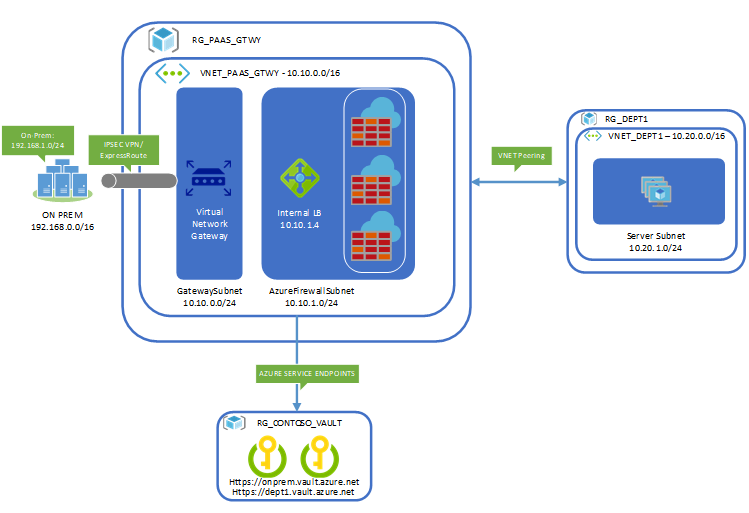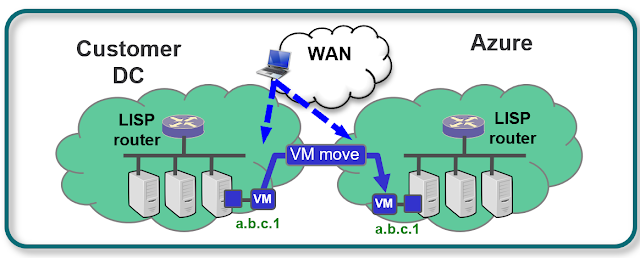Integrate On-Prem Apps with KeyVault over Private Connectivity

The Challenge – Private Endpoints for Azure Key Vault Currently, Azure Key Vault offers only public IP endpoints for device, client, and app connectivity. While all communication with Azure Key Vault requires an encrypted TLS/SSL channel, there are customers who prefer device communication with Key Vault to occur over a private connection. There are several important use cases where Azure Key Vault would benefit from offering a private endpoint to devices, clients, and apps: · Private traffic though ExpressRoute (e.g., factory devices with secure private IPs that use MPLS for Cloud connectivity) · You are using Key Vault to store encryption keys, application secrets, and certificates, and you want to block access to your key vault from the public internet · You have an application running in your...

